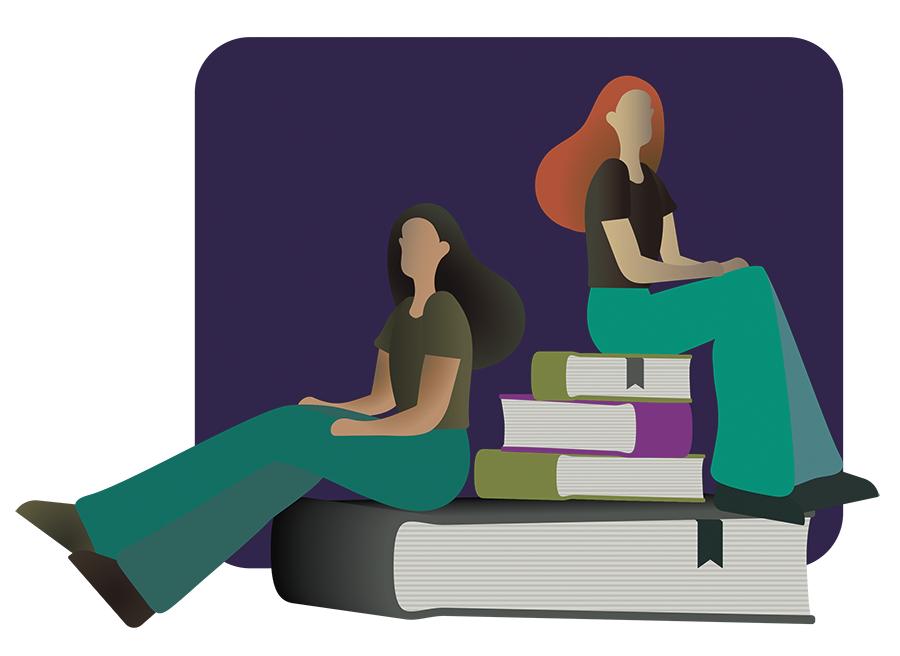Overcoming the educational impact of stereotype threat
February 5, 2019
Over hundreds of years, damaging stereotypes have been placed on black people. Stereotypes are affecting African Americans psychologically, and having an impact on their academic success.
In her article, “The Academic Experience of African American Undergraduates,” Robin Johnson-Ahorlu stated that nearly half of African Americans who attend a four-year university don’t graduate with their degree.
Why is this?
Have we ever stopped to think that those initial judgments that pop in our heads are affecting a person’s academic performance?
In his article “Thin Ice: Stereotype Threat and Black College Students,” Claude M. Steele introduces the concept of stereotype type threat.
He explains that “stereotype threat is a social-psychological threat of being viewed through the lens of a negative stereotype, or the fear of doing something that would inadvertently confirm that.”
For example, if a young black man walked into a room full of white men who are all taking the same standardized test he could feel more anxious because he feels people may have in their head that he is not capable of doing well on that test just because he is black.
Steele gathered black and white students and put them in two groups. One group was in a stereotype threat situation and one group in a non-stereotype threat situation. After examining both groups, Steele found that being negatively stereotyped influences the academic performance of minorities, specifically, African Americans.
Growing up as a black girl in a predominantly white area, I never realized that I was potentially in a stereotype threat situation and mind set. Unconsciously, I was being affected by the stereotypes people imposed on me, so I tried to conform to the white norms.
Some may say that stereotype threat is up to that person, and if you identify and conform to those stereotypes, then is your own fault. While some can overcome this threat, many cannot because of the anxiety accompanying perceived stereotypes.
We need to change the way people think about black people, and we need our black community to feel confident enough to finish school.
Going all the way back to the days of slavery, black people were not allowed to be educated. Over time, some white people started to share their privilege and taught us to read and write, but there was, and still is, institutionalized segregation holding African Americans back.
We are constantly told the way we talk is “ghetto” or “improper” but this is the only way our people know. The stereotypes that are put on African Americans are mostly about our intelligence and academic abilities. The only reason it started is because we were never given the opportunity to gain the intelligence or the abilities that white people had for years before us. African Americans are fighting every day to break the stereotypes.
While we’re doing a pretty good job so far, that doesn’t mean that stereotypes can be fully ignored.
Stereotype threat situations have contributed to the education gap between black and white students, but bringing awareness to it might be our solution.
All colleges should have a place or organization for black students on their campus to go to for support, and white students need to become aware of the threat they could potentially spark by not having these race conversations. If we keep up with this progression in bringing awareness, we might see the gap start to close.
Success comes from within, and black students deserve just as much confidence as white students. We are all capable, we just have more obstacles to overcome.
The future is bright if people continue to care, and I plan on continuing to bring light to this problem because one day it will be my own child in this situation, and I want all kids of color to stop second guessing themselves.































